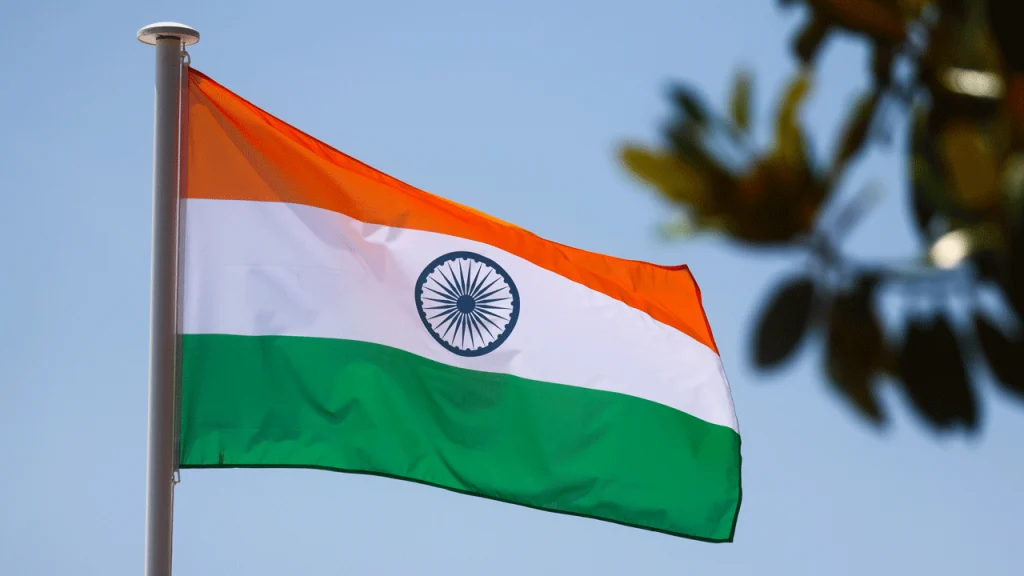Police in India killed at least 29 suspected Maoist rebels in the central state of Chhattisgarh, in a raid conducted after receiving a tip-off about the presence of the rebels in the Kanker district. Three security forces personnel were wounded in the gunfight, during which the police seized several weapons. The Indian soldiers have been engaged in a long-standing battle with Maoist rebels, who have been fighting for more jobs, land, and wealth from natural resources for the country’s indigenous communities since 1967.
The Indian government considers Maoist rebels, also known as Naxalites, as the most serious internal security threat in the country. The rebels, inspired by Chinese revolutionary leader Mao Zedong, are active in several parts of India, particularly in Chhattisgarh, one of the country’s poorest states despite its vast mineral wealth. The rebels frequently engage in attacks on government troops and officials. Home Minister Amit Shah expressed determination in eliminating the insurgency from the state, describing it as the biggest obstacle to development, peace, and the bright future of youth in the country.
The deadly clashes with rebels occurred just three days ahead of the start of a national election in which Prime Minister Narendra Modi is seeking a third term. The ongoing battle against the Maoist rebels reflects the complex security challenges faced by the Indian government, particularly in regions with high levels of poverty and unrest. The government has been striving to maintain law and order in these areas while addressing the root causes of insurgency to bring about sustainable peace and development.
The raid on the Maoist rebels underscores the ongoing security operations in the central and northern states of India, where the insurgency has persisted for decades. The rebels are known to demand greater rights and resources for marginalized communities, posing a significant challenge to government authorities. The government’s commitment to eradicating Naxalism remains steadfast, as highlighted by Home Minister Amit Shah’s statement on eliminating this threat to national security.
Despite the persistent threat posed by Maoist rebels, the Indian government continues to implement measures aimed at maintaining security and stability in conflict-affected regions. The recent encounter between police and suspected rebels in Chhattisgarh highlights the importance of effective intelligence-gathering and coordination in addressing insurgency. The government’s efforts to address the root causes of rebellion and provide opportunities for economic and social development are crucial in ensuring long-term peace and stability in the country.













